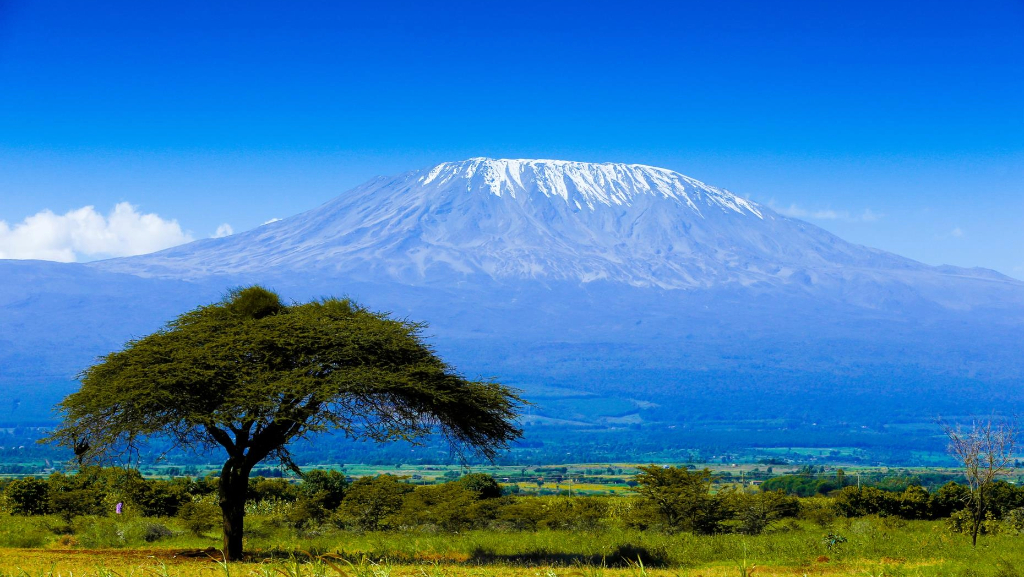
The Best Time to Visit Tanzania might just be in February. With minimal rainfall and comfortable temperatures, it’s an optimal month for Tanzania Safari Vacations. The parks are less crowded, providing a serene encounter with nature.
If you’re eager to witness majestic wildlife in their natural habitat or soak in the diverse landscapes, Tanzania in February offers an unparalleled experience. This month combines excellent safari conditions with the opportunity to see the great wildebeest calving in the Serengeti, making it a top pick for travellers.
Table of Contents
ToggleWeather and Climate of Tanzania in February
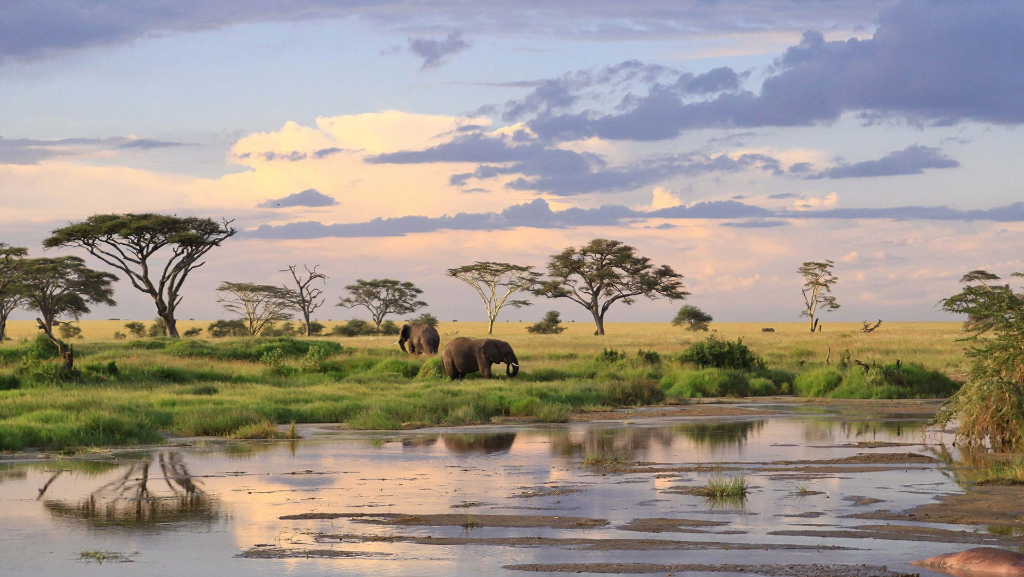
February in Tanzania brings in warm and relatively dry days, making it an appealing month for visitors.
- The Average Temperature in Tanzania in February is around 31°C (88°F) during the day, dipping to a comfortable 25°C (77°F) at night.
- The Weather in Tanzania in February is quite favourable for outdoor activities, especially for exploring the northern and western regions where conditions are pleasant, while the southern areas might be a bit hotter and more humid.
The coastal regions might experience some rainfall, but generally, it’s a good time to enjoy the country’s stunning landscapes without the heavy rains that come in other months.
Wildlife Viewing Opportunities in February
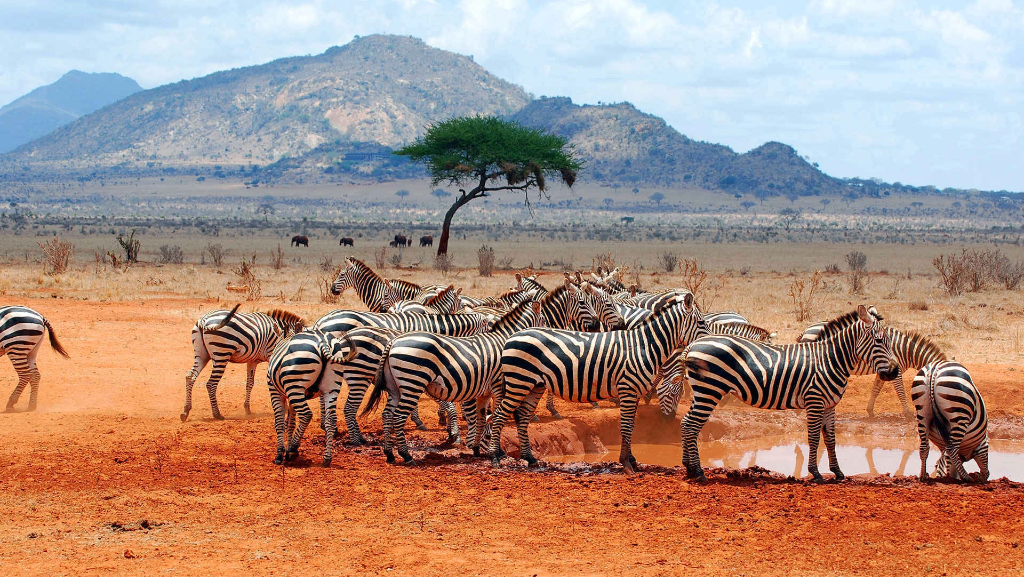
Safari in Tanzania in February offers a breathtaking exhibition of nature, most notably marked by the wildebeest calving season in the southern Serengeti.
- This wildlife event is unmatched, with tens of thousands of calves born within a short period, drawing predators and providing some of the most exciting viewing opportunities.
- You will witness thousands of wildebeest calves taking their first steps, creating a surge in predator activity as they capitalize on the abundance of vulnerable newborns.
- Predators like lions, cheetahs, and hyenas are especially active in hunting, offering spectators a chance to observe the dramatic and instinctual encounters between Africa’s most iconic species.
- The season is a paradise for bird watchers, with migratory birds showcasing their vibrant plumage, adding to the dynamic scenery of Tanzania’s diverse ecosystem.
Overall, February is a great time for Serengeti National Park Safari as the region is teeming with life and energy. It is a time when the cycle of life plays out with vivid clarity, offering visitors a chance to witness firsthand the beauty and brutality of the natural world.
Safari Destinations to Visit in February
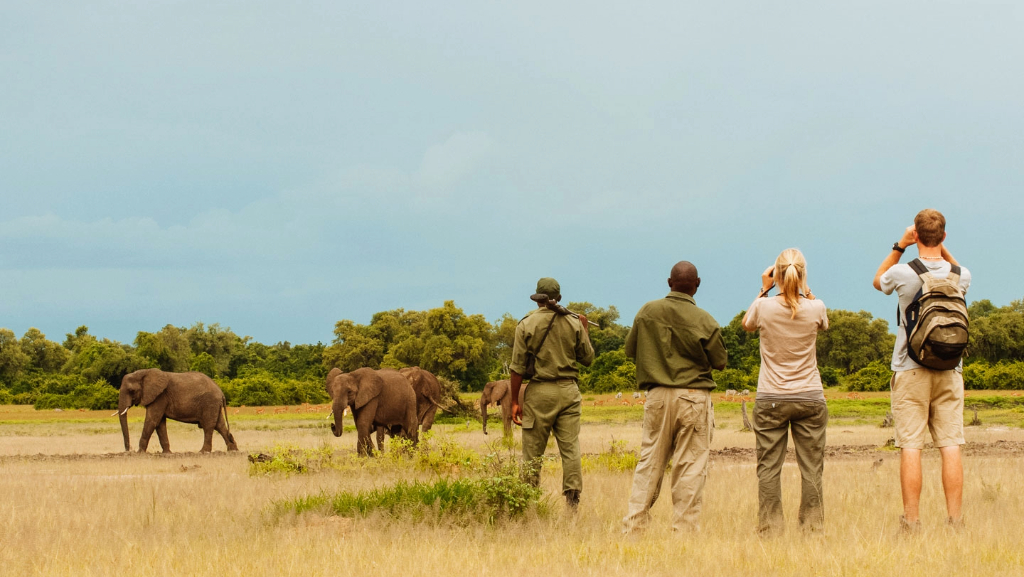
Tanzania in February presents a wealth of destinations to those keen on a safari adventure. The northern Tanzania Safari Destinations become particularly enthralling during this time, as they host one of the natural world’s most breathtaking events.
- The Southern Serengeti is where you can watch countless newborn wildebeest take their first steps, while predators lurk close by.
- For those who love birds, Tarangire National Park is perfect, filled with many different birds, both local and visiting from far away. It’s a place full of bird calls and colourful sights among the famous baobab trees.
- The Ngorongoro Crater is like a mini-Africa packed with wildlife, where you have a good chance to see the famous Big Five animals in a stunning setting.
- Down in the southern highlands, Kitulo National Park is a quiet spot full of blooming flowers, including many orchids, earning its nickname as the “Garden of God.”
All these places together make February an amazing time for Safari Vacations in Tanzania. You’ll see everything from dramatic wildlife scenes to peaceful natural beauty, making for an adventure you won’t forget.
Cultural Festivals and Events
Embracing Tanzanian culture in February is as vivid as its wildlife.
- Zanzibar’s Sauti za Busara music festival showcases an explosion of African music and Swahili traditions.
- For those with a competitive spirit, the Kilimanjaro Marathon offers a unique running experience at the base of Africa’s tallest mountain.
These cultural festivities and events add another layer of depth to the Safari Vacations in Tanzania, inviting visitors to not only witness the country’s natural wonders but also participate in its living traditions and vibrant community life.
The Crowds and Costs Factor
One of the perks of travelling in February is that it is the shoulder season. This means that while the attractions are open and accessible, the volume of visitors is lower than in the peak months. Consequently:
- Safari tours may offer more flexibility and personalized experiences.
- Accommodations are more readily available, often at reduced rates.
With fewer crowds and more availability, Tanzania Safari Vacation Packages in February provide a unique opportunity for personalized adventures at a better value, making it an ideal time for a serene getaway.
Plan Your February Safari in Tanzania
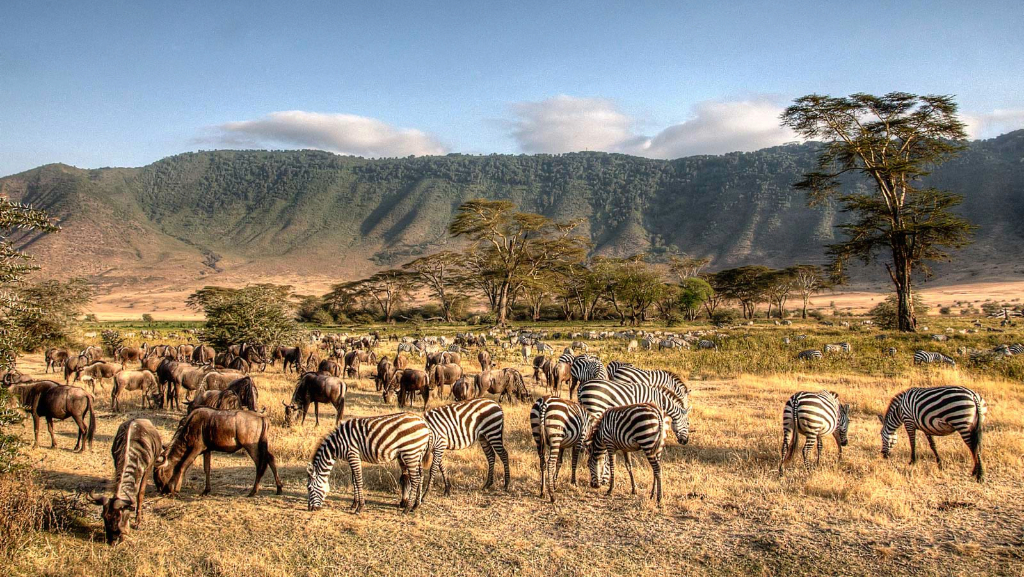
February shines as the Best Time to Visit Tanzania for a safari vacation. The weather is welcoming, the abundant wildlife is a feast for the eyes, and the cultural panorama is lively, all ready to be part of your cherished travel tales.
If crafting your ideal journey is your aim, Conservation Caravan Safaris provides a diverse collection of Tanzania Safari Vacations suited for every kind of traveller.
If you desire to fully engage with Tanzania’s renowned wildlife reserves or to tailor a distinctive experience, we stand ready to assist in orchestrating an African adventure that matches your aspirations.
Come and join travellers from across the globe in discovering the richness of wildlife and culture in Tanzania. February awaits you.
Related Posts
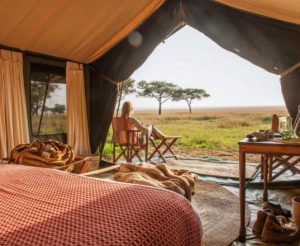
Tanzania Private Mobile Safari – Camping Amongst Buffaloes And Bush Babies
Camping amongst buffaloes and bush babies, the Tanzania Private Mobile Safari adventure offers a connection with the untamed wilderness. …
Read More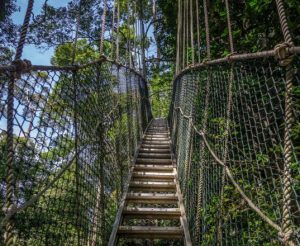
Lake Manyara Treetop Walkway – Go For A Walk High Above The Ground!
The 370-meter airwalk of Lake Manyara National Park Tanzania offers a thrilling experience, gradually ascending from ground level to a height of 18 meters, providing aerial perspectives of the surroun…
Read More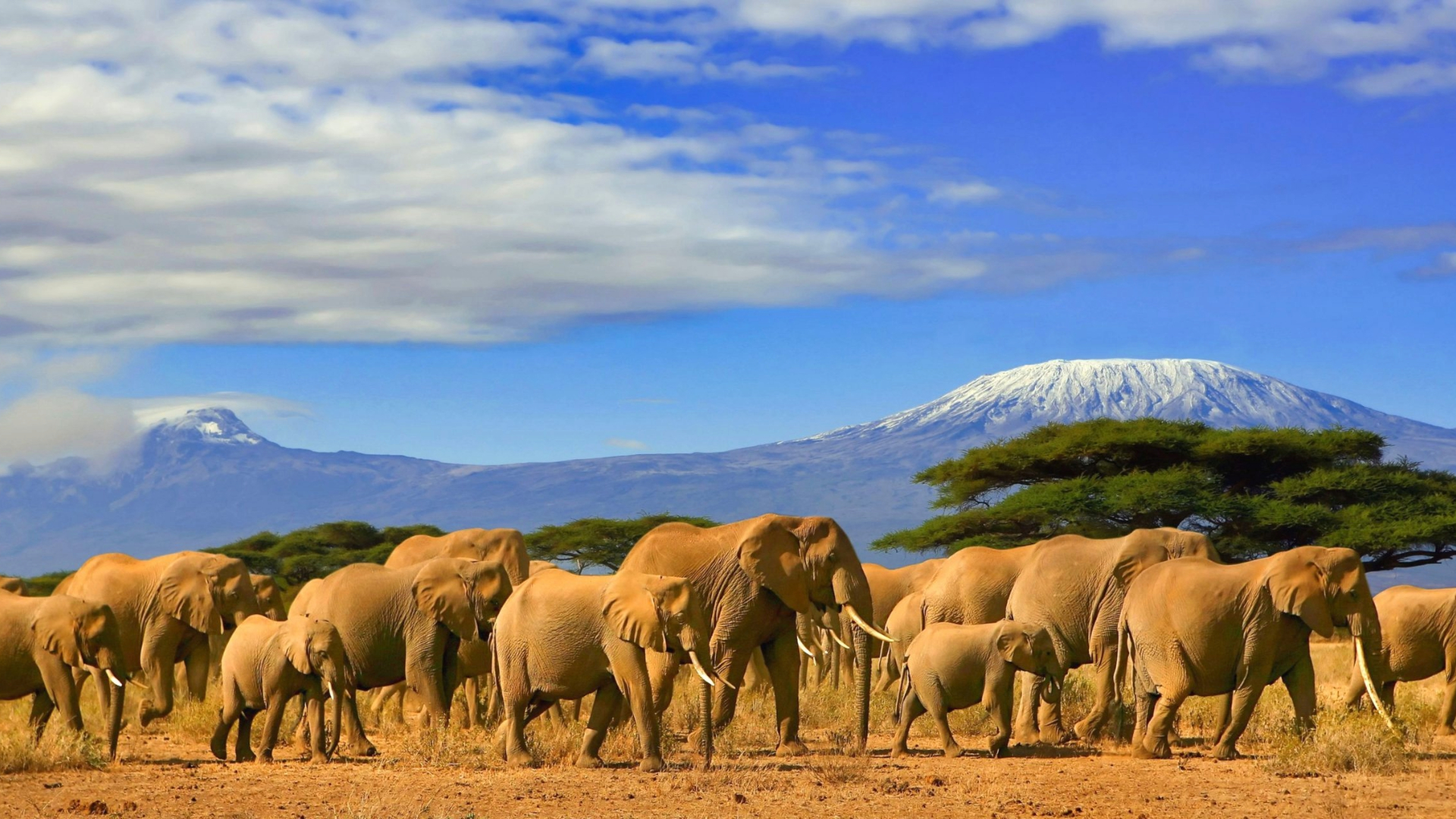
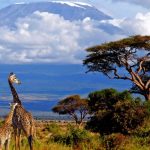
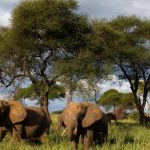


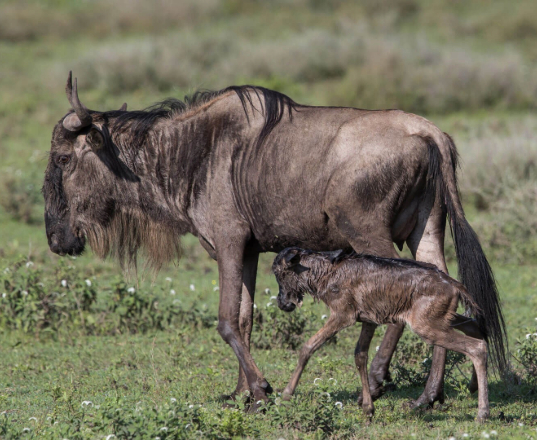

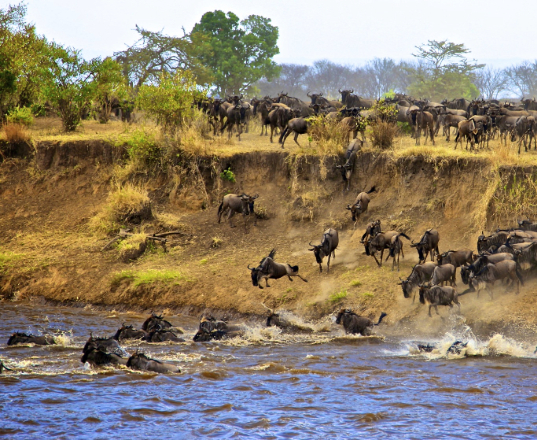



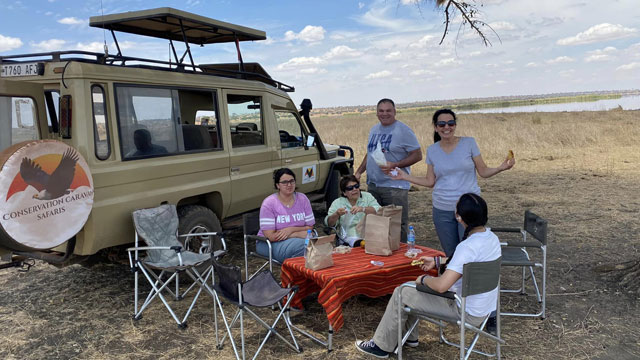
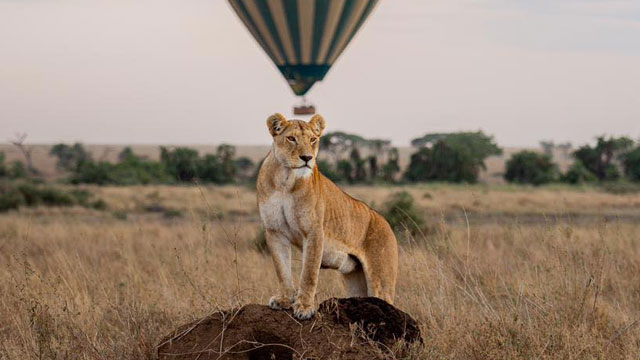
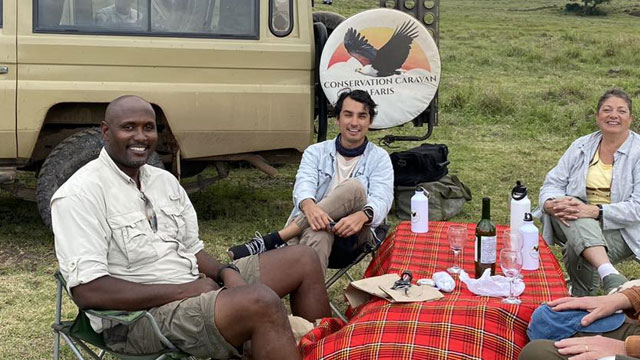






No Comments